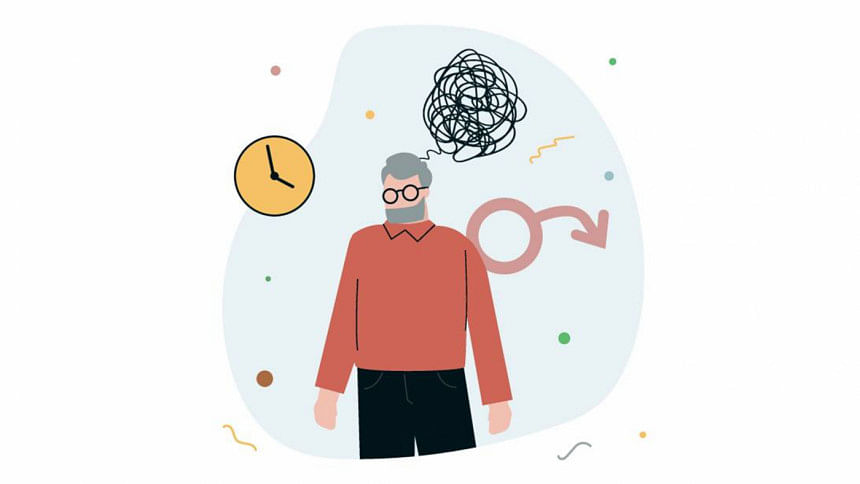Exploring hormonal shifts in men!

Men are increasingly reporting symptoms akin to those experienced by women during perimenopause and menopause, sparking debate within the medical community regarding male menopause.
While the concept remains controversial, physicians note that men undergoing testosterone hormone therapy often find relief from associated symptoms. Termed as androgen decline in ageing males or low testosterone, this phenomenon involves a natural reduction in testosterone production with age, alongside occurrences such as diabetes.
Symptoms may encompass fatigue, weakness, depression, and sexual dysfunction, though the correlation with decreased testosterone levels remains disputed. Unlike menopause in women, where hormone production ceases entirely, testosterone decline in men is gradual.
Testicular function does not exhaust its testosterone-producing capacity, enabling sperm production well into older age, albeit subject to disease-related alterations, typically manifesting around ages 45 to 50 and more significantly after 70.
Diagnosing male "menopause" entails a comprehensive approach, including physical examination, symptom assessment, and laboratory tests to exclude underlying medical conditions and measure testosterone levels. Treatment options, if warranted by low testosterone levels, may involve testosterone replacement therapy to mitigate symptoms like decreased libido, depression, and fatigue.
However, akin to hormone therapy in women, testosterone replacement carries potential risks such as exacerbating prostate cancer and heightening cardiovascular risk. Prior to pursuing androgen replacement therapy, consultation with a healthcare professional is advised.
Lifestyle modifications such as dietary adjustments, regular exercise, and medication like antidepressants may also be recommended to alleviate symptoms associated with male menopause.

 For all latest news, follow The Daily Star's Google News channel.
For all latest news, follow The Daily Star's Google News channel. 



Comments